Justice Antonin Scalia's death quickly sparks political battle
Story highlights
- Obama says he will nominate someone to replace Scalia "in due time"
- McConnell, Reid clash over whether Obama should name a successor
Washington (CNN)Justice Antonin Scalia's deathimmediately triggered a monumental election-year battle in Washington over whether President Barack Obama should choose a successor who could tilt the Supreme Court toward liberals.
Within two hours of Scalia's death being reported, presidential candidates along with Republican and Democratic leaders on Capitol Hill were feuding over whether Obama should appoint a replacement for the eloquent and outspoken Scalia or wait for the next administration to make a decision. The battle lines underscored the huge political stakes in the 2016 election, which could cement the ideological balance of the court for years to come.
Obama said Saturday he would nominate a successor "in due time," but Republican Senate Majority Leader Mitch McConnell insisted the next administration should make the appointment.
"The American people should have a voice in the selection of their next Supreme Court Justice," the Kentucky Republican said. "Therefore, this vacancy should not be filled until we have a new President."
But Senate Minority Leader Harry Reid issued a scathing statement, previewing the heated fight ahead.
"The President can and should send the Senate a nominee right away," Reid said. "With so many important issues pending before the Supreme Court, the Senate has a responsibility to fill vacancies as soon as possible. It would be unprecedented in recent history for the Supreme Court to go a year with a vacant seat. Failing to fill this vacancy would be a shameful abdication of one of the Senate's most essential Constitutional responsibilities."
News of Scalia's death broke hours before the latest Republican presidential debate and added another explosive element to a heated GOP primary campaign. Even before Saturday, the fate of the Supreme Court was already a key election issue, given the possibility that the next President could get the chance to nominate at least two or three Justices due to the age of those on the bench and the possible shift of the ideological balance of the court.

19 photos: Justice Antonin Scalia's life in photos







































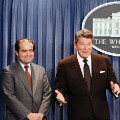
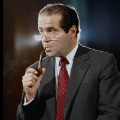
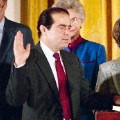
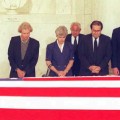
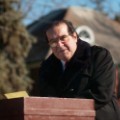

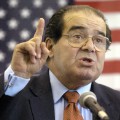
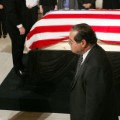
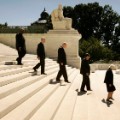
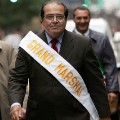

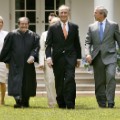
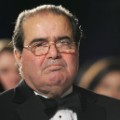
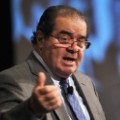
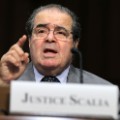
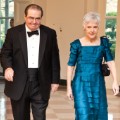
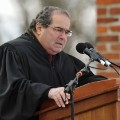
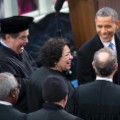
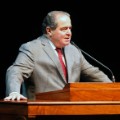
After observing a moment of silence to honor Scalia, the GOP candidates, who clashed in South Carolina, seized on his death to draw battle lines in the debate over his successor.
"I do not believe the President should appoint someone," Florida Sen. Marco Rubio said, warning that Obama would "ram down our throat a liberal justice."
Texas Sen. Ted Cruz, a former Supreme Court clerk, warned: "We are one justice away from a Supreme Court that would undermine the religious liberty of millions of Americans."
"The Senate needs to stand strong and say, 'We're not going to give up the U.S. Supreme Court for a generation by allowing Barack Obama to make one more liberal appointee,'" Cruz said.
Republican front-runner Donald Trump said he was sure that Obama would not listen to Republicans and would go ahead and name a nominee, adding "I think it's up to Mitch McConnell, and everybody else to stop it. It's called delay, delay, delay."
On the Democratic side, Hillary Clinton lined up with the Democratic leaders in Congress to seize on a issue that will now be at the center of her campaign.
"Barack Obama is President of the United States until January 20, 2017. That is a fact, my friends, whether the Republicans like it or not. Elections have consequences. The President has a responsibility to nominate a new justice and the Senate has a responsibility to vote," Clinton said during a visit in Denver.
Clinton's Democratic rival, Vermont Sen. Bernie Sanders, also issued a statement that offered sympathy while acknowledging philosophical differences. He did not however weigh in on the issue of the timing of a nomination.
"While I differed with Justice Scalia's views and jurisprudence, he was a brilliant, colorful and outspoken member of the Supreme Court. My thoughts and prayers are with his family and his colleagues on the court who mourn his passing."
Scalia, who was found dead Saturday, was one of the most influential conservative justices in history and forged a decades-long legacy that prolonged Ronald Reagan's conservative revolution, long after the President who nominated him left office. Scalia was also seen as a hugely powerful foe by liberal groups owing to his positions on issues like abortion and the Second Amendment, and those groups will pile enormous pressure on Obama to send a liberal justice to the court before he leaves office.









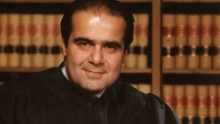








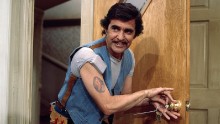



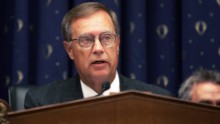





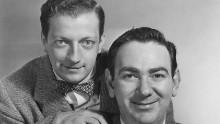




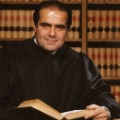

















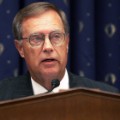
No comments:
Post a Comment